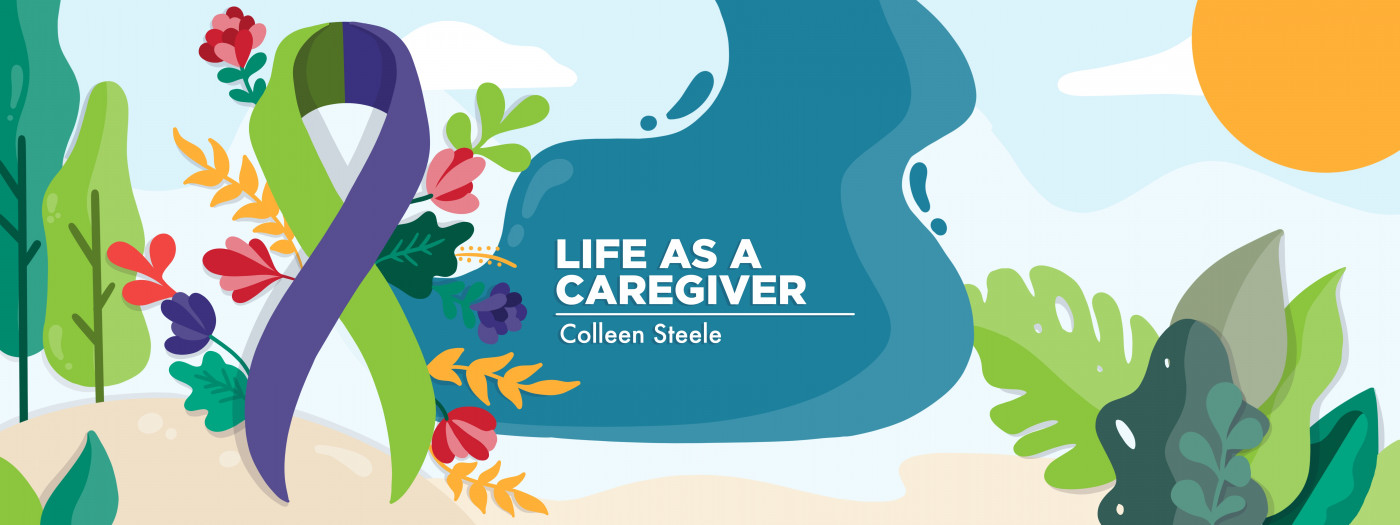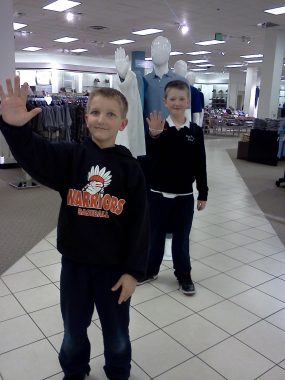Helpful Tips I Learned While Raising a Child With PH

Parents sometimes joke that they wish their child came with an instruction manual. If there were a manual for kids, I would’ve had to toss out my son Cullen’s manual when he was 8. That was the year he was diagnosed with pulmonary hypertension (PH).
The PH diagnosis made my husband and me feel like nervous new parents all over again. Learning how to care for a medically frail child was scary and challenging. Also weighing heavily on our minds was how we would raise him.
I shared in a previous column that Cullen’s PH doctor advised us to maintain normalcy in any way we could. Medical care would change our family routine dramatically, but it didn’t have to change how we disciplined our son.
It took a lot of advocacy and planning, but Cullen continued to attend school, make friends, and play. We also expected him to complete homework, help around the house, avoid fighting with his brother, and not talk back to his parents.
Whenever he pushed the limits of what we would tolerate, as kids often do, we would sit him down for a serious talk. For repeat offenses, we’d ground him. Consequences usually meant no television or video games until he changed his behavior.
We did our best to raise Cullen and his younger brother, Aidan, the same way, but when I reflect on their childhood, I admit there were some crucial differences.
Following are some of the PH-influenced parental changes we made and don’t regret:
Let them play video games
When Cullen wasn’t well enough to do anything else, gaming provided him with hours of entertainment, both at home and in the hospital. It offered a temporary escape from the emotional and physical challenges he was constantly battling in real life. It was also something he could do with friends without overexerting himself.
In fact, Cullen made friends by playing World of WarCraft, a game his uncle recommended. It was a great stress reliever and made him more social when otherwise he would have felt alone and depressed.
Admittedly, his brother’s gaming time also increased after Cullen’s PH diagnosis. It gave the brothers something they could do together when sports and active play were no longer options.
Let him get angry
Cullen’s laid-back personality would sometimes turn sarcastic, melodramatic, and even disrespectful when he felt frustrated by his limitations. It happened when he had to deal with long periods of exhausting health issues, hospitalizations, and feeling overwhelmed while trying to keep up with school and his peers.
Within reason, we would allow Cullen to vent by yelling, glaring at us, or slamming a door. We could handle him taking his frustrations out on us if it helped him deal with whatever PH overload he was experiencing at that moment.
Frankly, there were times when I wanted to react the same way, and truth be told, sometimes I did.

Stop and read the manual! Cullen stands behind his brother, Aidan, and mimics a mannequin in April 2013. (Courtesy of Colleen Steele)
Go easy on the discipline at times
Sometimes we were stern with Cullen because we wouldn’t allow PH to excuse him from maturing into a respectful, good person. If he took venting too far, we sent him to his room to calm down. When gaming with his brother turned into an argument, we grounded both of them from playing.
Occasionally, Cullen’s health made us go a little easier on him. Once when Cullen was grounded, we let him go to his friend’s birthday party. PH was hindering his childhood enough, and preventing him from celebrating with a friend on a day when he was feeling well enough to attend would have felt cruel.
We believed that hanging out with friends and enjoying normal childhood activities would have a more positive effect on Cullen than sitting at home, and we were right.
School can come second
One thing that changed a great deal after Cullen’s PH diagnosis was our focus on education. It no longer was our priority for him. Instead, his health was.
Whether it was due to debilitating symptoms or sheer exhaustion, Cullen was absent from school more often than we would have otherwise ever condoned. It required constant communication with teachers and help at home to keep Cullen caught up, but we managed.
In 2014, two months before Cullen received a heart and double-lung transplant, he graduated from eighth grade with his classmates.
Let him sleep
An enlarged heart and overworked lungs frequently made Cullen a very tired boy. It didn’t matter what our plans were or what time of day it was. When he needed to sleep, we let him. Rest to a PH patient is as essential as their treatments.
The Serenity Prayer helped me through days when PH parenting wasn’t easy: “God, grant me the serenity to accept the things I cannot change, courage to change the things I can, and wisdom to know the difference.”
***
Note: Pulmonary Hypertension News is strictly a news and information website about the disease. It does not provide medical advice, diagnosis, or treatment. This content is not intended to be a substitute for professional medical advice, diagnosis, or treatment. Always seek the advice of your physician or other qualified health provider with any questions you may have regarding a medical condition. Never disregard professional medical advice or delay in seeking it because of something you have read on this website. The opinions expressed in this column are not those of Pulmonary Hypertension News or its parent company, Bionews, and are intended to spark discussion about issues pertaining to pulmonary hypertension.









Leave a comment
Fill in the required fields to post. Your email address will not be published.